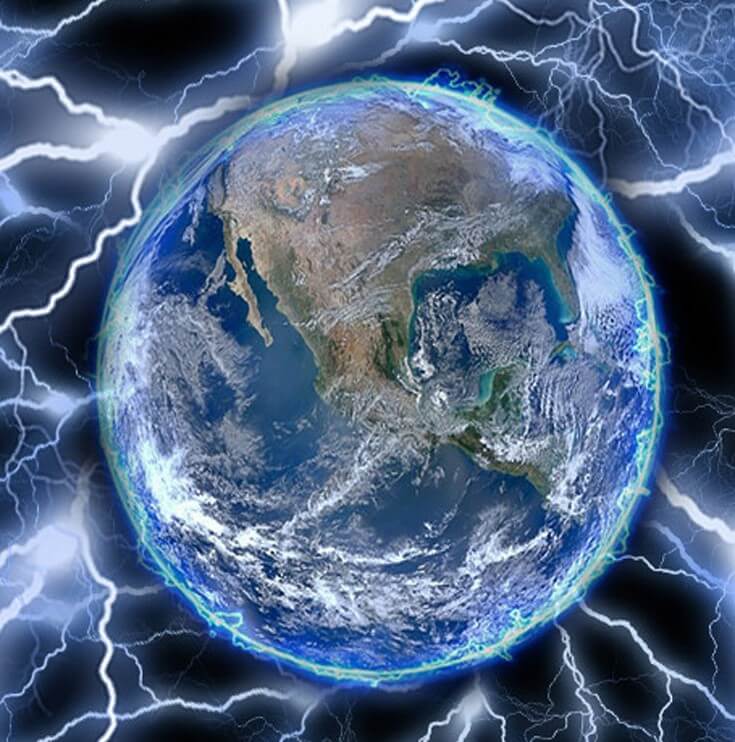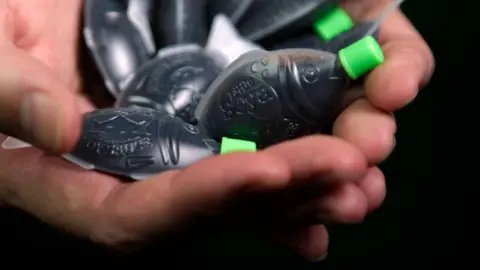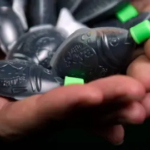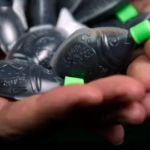Many Muslims avoid beer because Islamic law forbids all intoxicants, yet drinking habits vary across cultures. Green Prophet explores the religious basis, real-world exceptions, and the rise of alcohol-free trends like mocktails and kombucha among Muslim and non-Muslim drinkers.
The post Why Muslims don’t drink beer appeared first on Green Prophet.
South Australia’s ban on fish-shaped soy sauce packets targets single-use plastics that often end up as microplastic pollution in oceans and on beaches.
In a world-first environmental move, South Australia has enacted a ban on the beloved fish-shaped soy sauce dispensers—known as “shoyu-tai”—effective 1 September 2025. The state government, led by Environment Minister and Deputy Premier Dr Susan Close, cited the absurdity of a single-use item so small yet so damaging, used for mere seconds but lingering in the environment for decades.
“Each plastic fish container is used for just seconds”—Close said—“yet their small size makes them easily dropped or blown away into drains, becoming common litter on beaches and streets.”
Though recyclable in theory, these novelty “soy fish” are too compact and irregular for most council recycling systems. As a result, they often end up in landfills or drift into waterways, contributing to pervasive microplastic pollution. Marine ecologist Dr Nina Wootton warned that wildlife might mistake these fragments—before they break down—for bait. “They could be mistaken for prey,” she cautioned, raising serious risks to marine ecosystems.:
This new prohibition sits within South Australia’s broader framework of single-use plastic reforms. Since 2021, businesses have eliminated over eight million disposable plastic items—including straws, fruit stickers, and polystyrene packaging. The soy fish ban marks another step in reducing plastic overload.
Plastic & Microplastic Realities
Plastic pollution isn’t just unsightly—it’s a profound environmental and health concern. Microplastics—tiny particles under 5 mm—originate from degraded packaging, textiles, cosmetics, and various single-use plastics. Once in water bodies, they persist, infiltrating food chains and even human bodies.}
Green Prophet has been tracking these risks in accessible features, such as its guide on reducing microplastic ingestion and broader entries in their Microplastics archive.
Dr Close emphasized that the ban encourages the shift toward sustainable alternatives: “The elimination directly reduces the volume of single-use plastic entering the waste stream.” Businesses are being supported through transition programs to adopt reusable, recyclable, or compostable options.
Environmental groups, including the Australian Marine Conservation Society, see this as small but meaningful progress. Campaigners urge broader, systemic transformations—including reductions in plastic production and stronger regulation of manufacturers—to truly stem plastic pollution.
These tiny soy sauce fish may seem quirky or innocuous—but they reflect a larger problem: our cultural reliance on “convenience packaging” that leaves long-lasting harm. Their ban signals a shift in mindset—from convenience to responsibility, from novelty to necessary change. As microplastics accumulate in ecosystems, every discarded fragment becomes part of a bigger threat to habitat, wildlife, and human health.
The post Australia Bans Iconic Fish-Shaped Soy Sauce Packs to Tackle Plastic Pollution appeared first on Green Prophet.
Recommended Story For You :

Bringing Dead Batteries Back To Life Is Simple!

SEPTIFIX to the Rescue! Say Goodbye to Problems and Hello to Savings
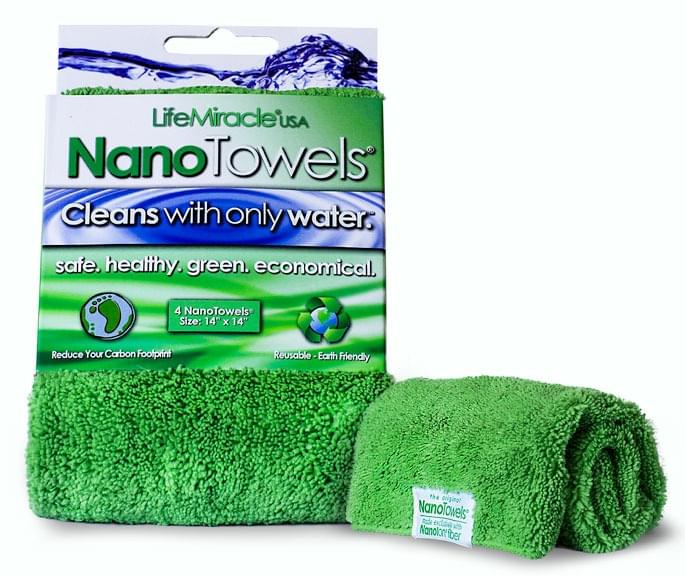
Ecomposing of Paper Towels Produce Methane Gas

A Leading Cause Of Global Warming!
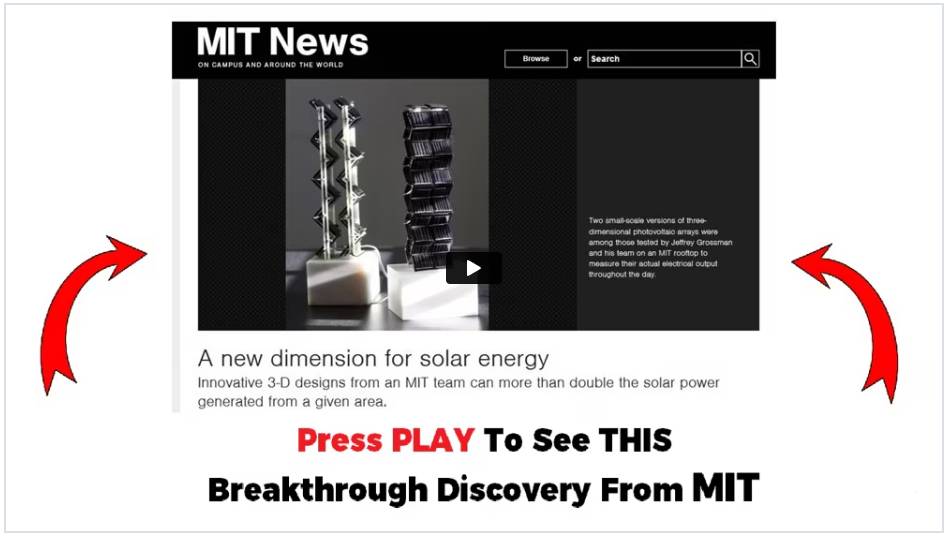
A cleaner world where energy is abundant essentially free
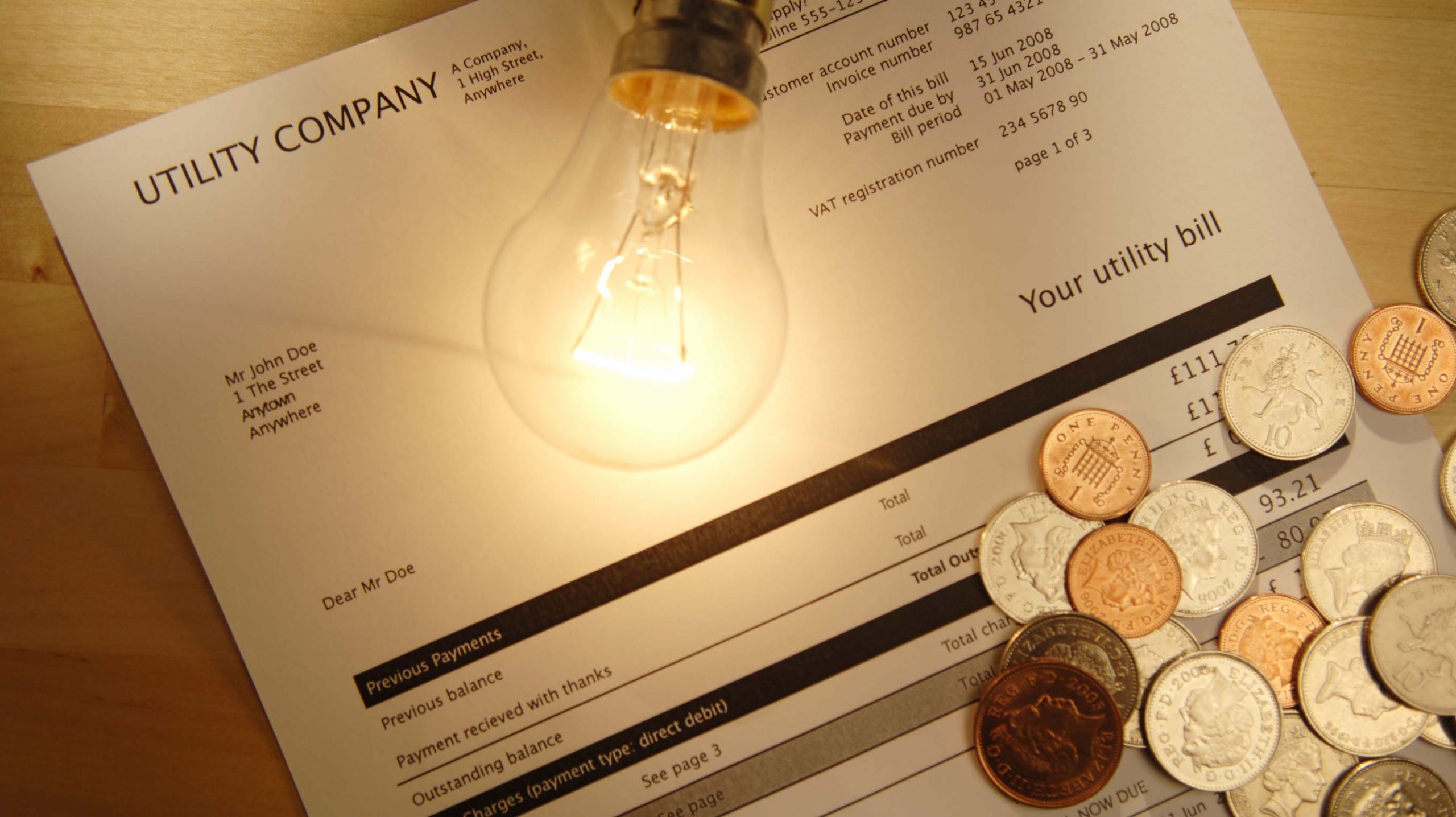
and sourced directly out of the inherent power of the space surrounding us.

MIT Discovery can cut power bills by 65%

Easy DIY Power Plan Will Change Our World Forever

Discover the World with Our Passionate Geography Teacher in Memphis!
